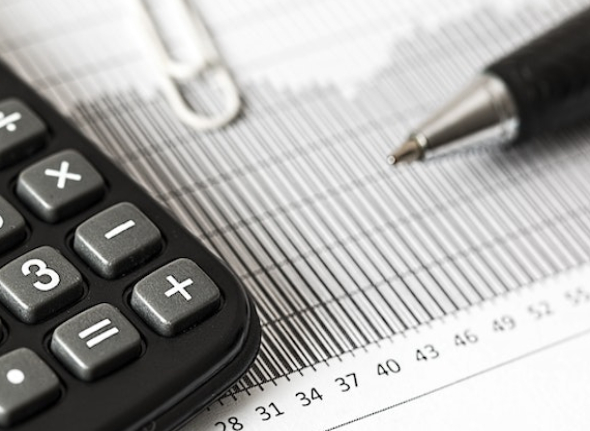What does my payslip mean?
See how to make sense of all those numbers on your payslip with this quick explainer.


Getting paid – the basics
How much you earn is often known as your gross pay. This is the amount you agree with your employer before you start work. Some jobs have a salary – how much you earn in a year. Other jobs have an hourly pay rate – how much you earn for an hour’s work.
Your salary or pay rate will depend on your job but should be equal to or above the National Minimum Wage.
Most people are paid weekly or monthly, after they’ve worked their agreed hours.
If you’re being paid directly into your bank account, you’ll need to give your employer your bank details.

What is tax?
Tax is a charge to fund government spending. It helps pay for things like health and social care, and education. There are lots of different types of tax. As a young person, the most common taxes you pay are:
VAT (Value Added Tax) – this is a charge added to the price of certain goods and services. For items you buy in a shop, VAT is already included in the label price
Income tax – this is a tax on your income. The amount you pay depends on the amount you earn
National insurance – again, how much you pay depends on how much you earn. This helps pay for the state pension and other benefits.
The UK Parliament’s website also has a brief history of why taxes exist and what they have been used for.
Additional payments
Your employment contract sets out what additional payments you can expect. These may include:
Overtime: If you work normal hours, any time you work over your normal hours is called overtime. Overtime is sometimes paid at a higher rate.
Allowances: Allowances can cover a wide range of things. You may receive an allowance if you work shifts, if you’re covering another role on a short-term basis or if you have to be on-call (when you’re asked to be available for work outside your normal hours).
Expenses: In some jobs you can claim the cost of things like mileage if you use your car for work, or food and travel if you’re away from home for work.
Calculating your pay
If you are a casual worker, you’ll be paid for the hours you work each month (or week).
If you’re an employee, you’ll often be paid an equal amount each month (your gross salary divided by 12, minus deductions).
Your tax code is shown on your payslip and tells your employer how much you can earn each year before you have to pay tax. Visit Gov.uk to see what your tax code means.
Additional payments
Your employment contract sets out what additional payments you can expect. These may include:
Overtime: If you work normal hours, any time you work over your normal hours is called overtime. Overtime is sometimes paid at a higher rate.
Allowances: Allowances can cover a wide range of things. You may receive an allowance if you work shifts, if you’re covering another role on a short-term basis or if you have to be on-call (when you’re asked to be available for work outside your normal hours).
Expenses: In some jobs you can claim the cost of things like mileage if you use your car for work, or food and travel if you’re away from home for work.
Calculating your pay
If you are a casual worker, you’ll be paid for the hours you work each month (or week).
If you’re an employee, you’ll often be paid an equal amount each month (your gross salary divided by 12, minus deductions).
Your tax code is shown on your payslip and tells your employer how much you can earn each year before you have to pay tax. Visit Gov.uk to see what your tax code means.
Find out more
See Gov.uk for more information about understanding your pay.
Related

What is investing and how do I get started?
[rt_reading_time...

How can I avoid online fraud and scams?
[rt_reading_time...
